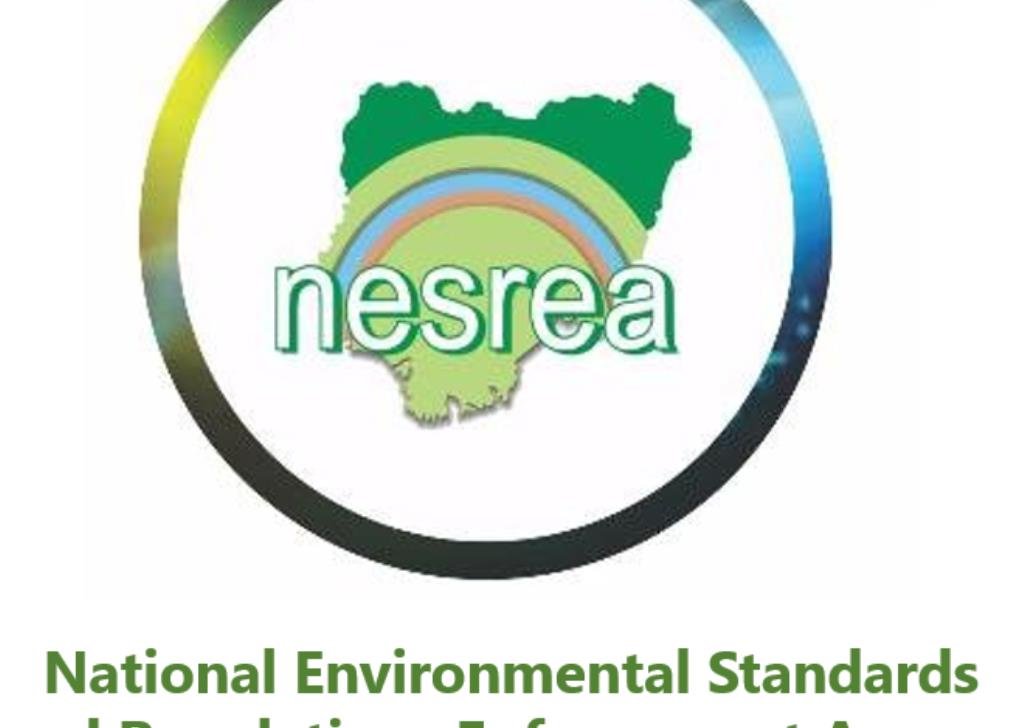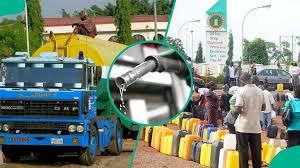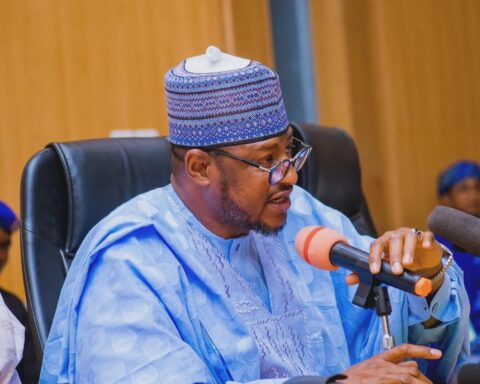The National Environmental Standards and Regulations Enforcement Agency (NESREA) has unveiled measures to tackle the increasing problem of plastic waste pollution in Nigeria, through the implementation of the Extended Producer Responsibility (EPR) scheme.
Represented by the Head, Plastic Pollution Control, NESREA, Abuja, Mr Chukwudi Nwabuisiaku, Dr Innocent Barikor, Director General of the Agency, who made the announcement on Wednesday – yesterday, January 15 – while inspecting some plastic companies in Kano, disclosed that the federal government is set to implement the Extended Producer Responsibility (EPR) scheme.
Implementing the scheme is a critical strategy to reduce plastic and promote recycling, he said, adding that plastic waste causes a lot of damage to the environment due to its non-degradable nature.
Barikor said although plastics provide significant economic benefits in industries such as packaging, healthcare, and construction, they contain harmful chemicals used in their production.
In response to the concerns, NESREA has rolled out the Extended Producer Responsibility (EPR) programme for plastic packaging and other plastic products, Barikor emphasized, revealing that the initiative is supported by the United Nations Environment Programme (UNEP) and other development partners, with funding from the Global Environment Facility (GEF).
The EPR scheme is also aimed at holding producers accountable for the entire life cycle of their products, including waste management and recycling efforts, according to a News Agency of Nigeria report.
Barikor said the new project with the theme, ‘Accelerating a Circular Plastic Economy to Reduce Plastic Pollution and Its Impacts in the African Region’, “will enhance the operation and enforcement of Nigeria’s national environmental regulations on plastic waste, focusing on plastic packaging.”
‘’It also aims to create a comprehensive proposal to expand the programme’s scope across the country,” he said.



























